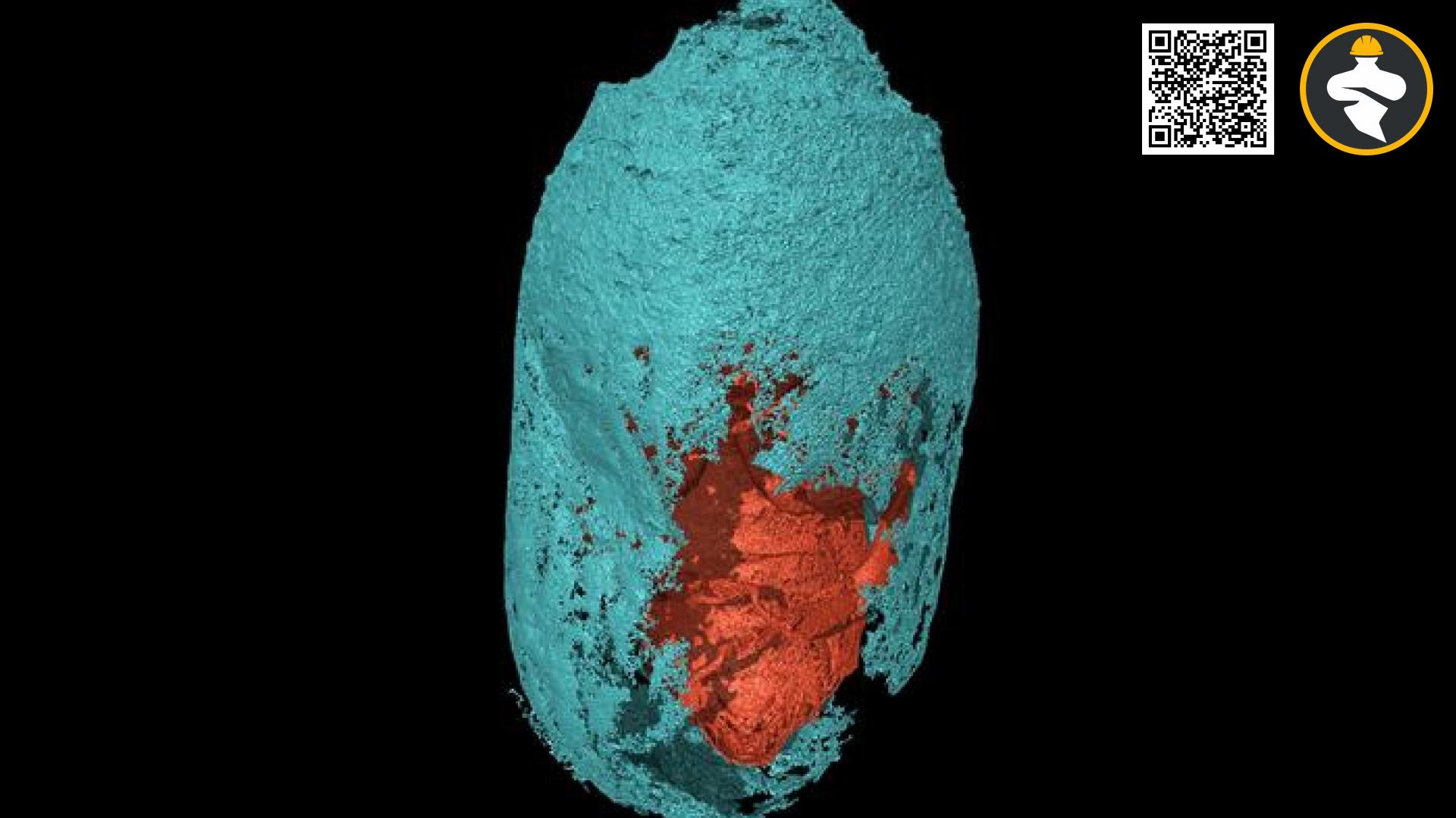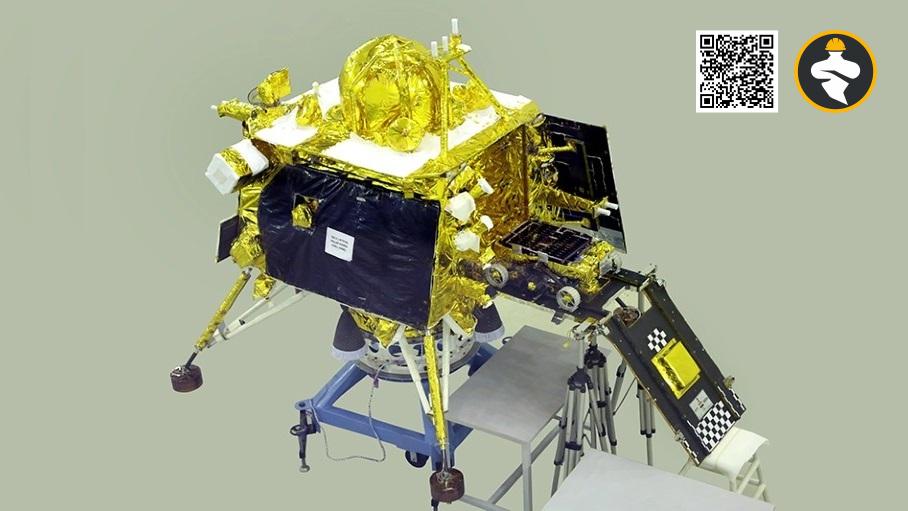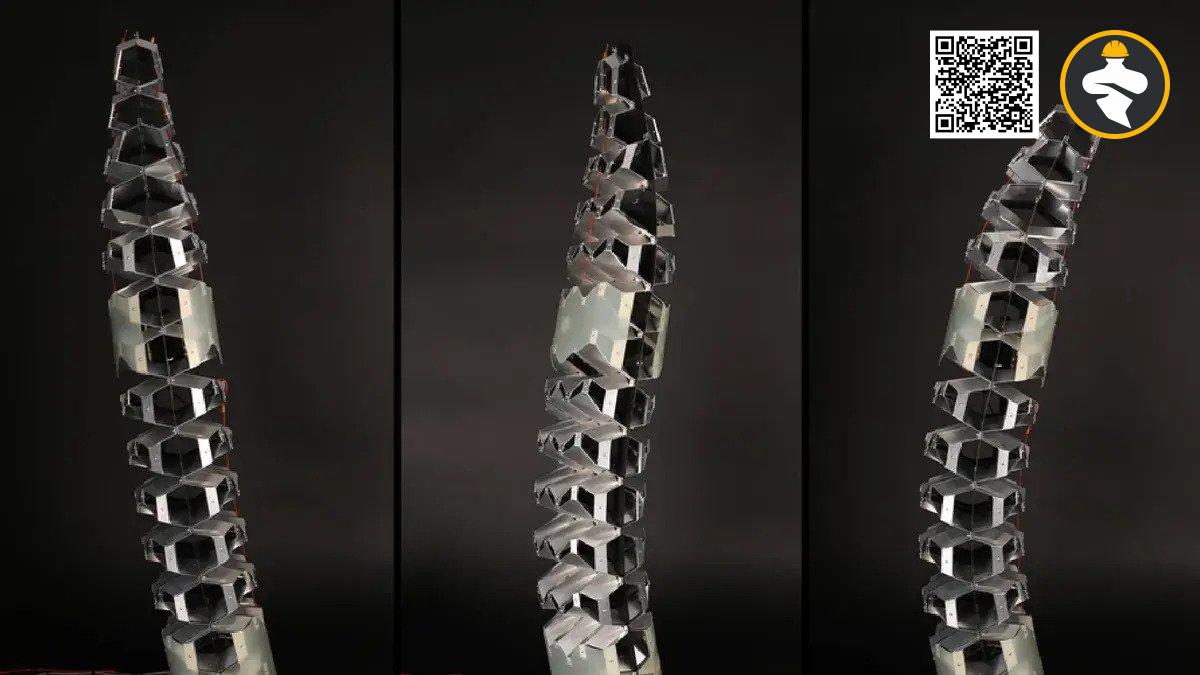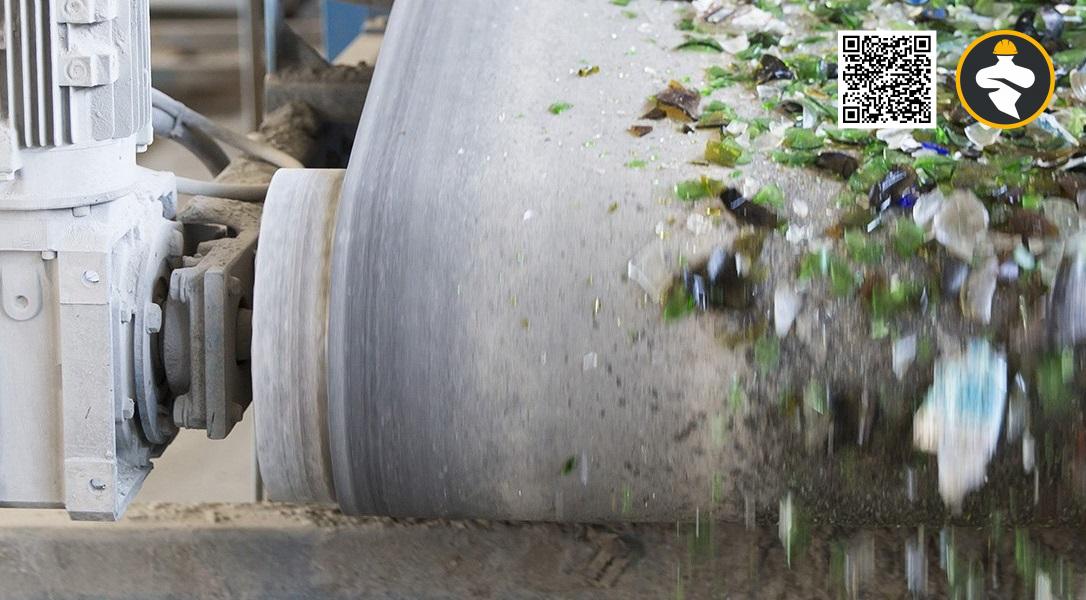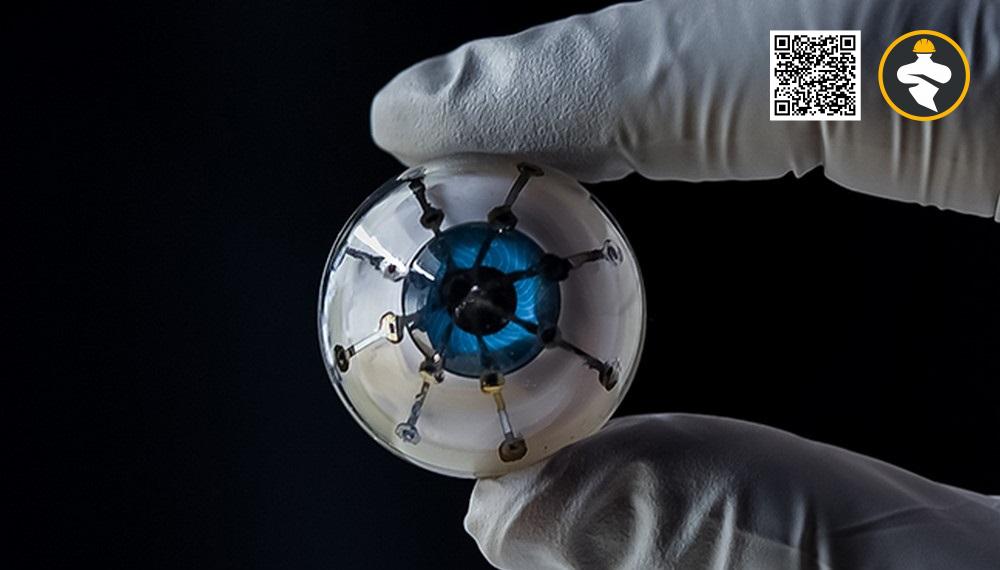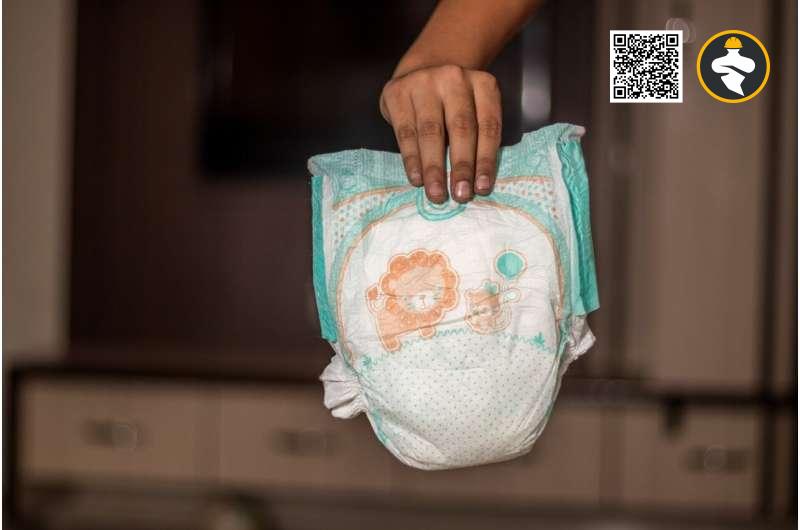Researchers have created a brand-new kind of recyclable and biodegradable glass that is eco-friendly. The usage of durable, non-biodegradable glass that cannot be naturally removed can have an adverse impact on the environment and society. Even though glass can be recycled endlessly, unlike plastic, a significant amount of it still ends up in landfills because recyclers find it too challenging or expensive to separate the material from other components. “More than 28 billion glass bottles and jars wind up in landfills every year,” claims Recycle Across America. “That’s the equivalent of filling up two Empire State Buildings every three weeks.”
To address this issue, a research team from the Institute of Process Engineering (IPE) of the Chinese Academy of Sciences, under the direction of professor Yan Xuehai, has created a family of environmentally friendly glass made from biologically generated amino acids or peptides. Conventional glass, including poly (methyl methacrylate) (PMMA) organic glass and industrial inorganic glass, is physiologically incompatible and does not disintegrate quickly in nature. It is anticipated that the creation of biodegradable and biorecyclable glass will leave a little environmental footprint.
Because biomolecules have low thermal stability and readily breakdown at the high temperatures commonly employed in glass manufacturing, creating such environmentally friendly glass with biological origin is unfortunately exceedingly difficult. The standard “heating-quenching” technique was utilized in this study to create biomolecular glass with traits of biodegradability and biorecyclability using chemically altered amino acids and peptides.
The ability of the material to form glass, glass-transition-related kinetic and thermodynamic characteristics, as well as glass performance in vitro and in vivo, were all monitored by the researchers. The biomolecular glass displayed a rare fusion of useful characteristics and environmentally favorable traits. They featured “outstanding mechanical qualities and optical features,” according to the researchers.
Beyond the commercially utilized glasses or plastics, the idea of biomolecular glass “may underlie a green-life technology for a sustainable future,” added Xuehai. The biomolecular glass is currently only being developed in laboratories and is not yet widely available for purchase.
Reference: E&T editorial staff





